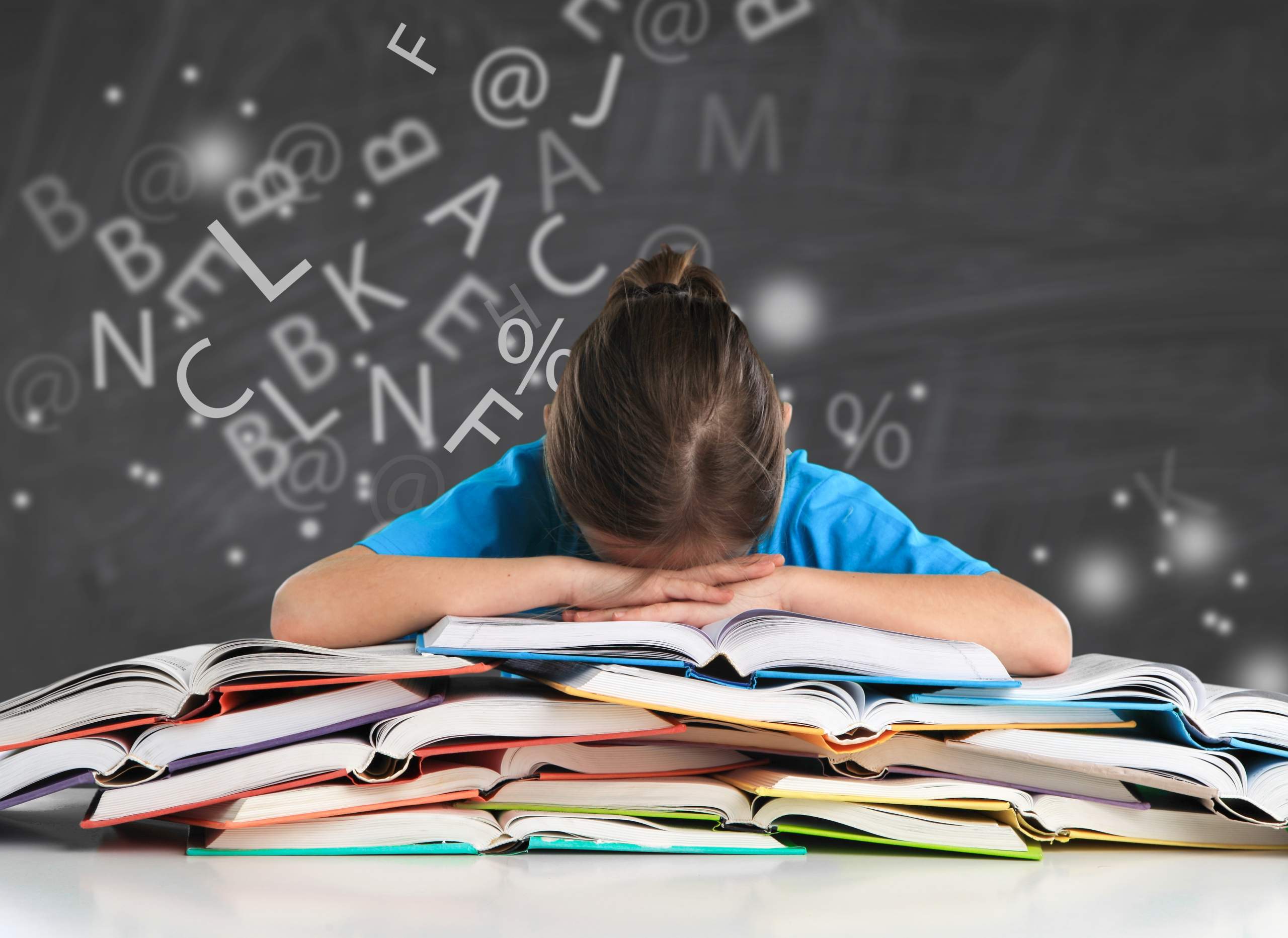Introduction Children suffering from dyslexia are often misunderstood by their parents, friends and relatives. The common tendency of trying to avoid school due to ignorance and mockery from of friends is often misinterpreted as the child’s excuses of avoiding studies or any other similar stream of performing arts.
What is Dyslexia? The name Dyslexia reflects a combination of two words meaning difficulty in words, letters and/or numbers. While ‘Dys’ refers to difficulty, ‘lexis’ or ‘lexia’ refers to words and together it causes a psychological disorder with regards to reading, writing and even learning processes in the mind. The most common symptom of Dyslexia is the confusion with letters and words and perceiving them in a reverse order. It is also seen then children suffering from Dyslexia understand the language of graphics and images more then they alphabets or numbers. Researches show that almost 10 to 15% of the children are under the shadow of Dyslexia.
Symptoms of Dyslexia
Dyslexia in children could also be identified through their problem in sequencing. Not only do they face problem in putting things in the correct sequence or order of alphabets and number strings, but also in remembering the sequence of things. For example, a child with Dyslexia may often read ‘left’ as felt’ or ‘no’ as ‘on’, ‘34’ as ‘43’ or ‘15’ as ‘51’. The child could also skip letters in between words and change the words. Unclear handwriting, mixing up lower and upper cases, late understanding and responding, inconsistencies in alphabets and letters, building stories based on hallucinations, slow reading ability, punctuation mistakes and inability to copy from the board are also among some of the major symptoms dyslexic kids go through.
Difficulty in tying shoe laces, keeping track of the days of the week and months, confusions about directions, and inability to pronounce words correctly are some of the other common symptoms of Dyslexia. The child may also face problem in following multiple instructions simultaneously and lack organization in doing things. Types of Dyslexia Trauma, Development and Primary Dyslexia are the three main types of the disease. Injury to the brain part, functional for reading, writing and learning causes Trauma Dyslexia. Development Dyslexia can be the result of problem in the fetus development in the mother’s womb which is related to hormonal causes. This kind is more common in boys. The good thing about Development Dyslexia is that it usually improves with time as the child grows up. Unlike this, Primary Dyslexia does not improve with time and indicates disorder of the left part of the brain.

Care for Dyslexia
There are a number of ways through which you can help your kid with Dyslexia. First and foremost, you need to interact with your child more often and understand the problems the child is going through. Treat the child with care and affection and make the child feel at ease. Several computer games are now used to diagnose Dyslexia and help kids suffering from the disease.
These games are designed for different ages as well as stages of the disease. These games are fun for the children to play with, keeping them involved and serving the purpose of the game. The ease with which the child is able to play the game determines the level of Dyslexia in the kid. There are games which even help treat the symptoms of Dyslexia. These games are specifically designed by specialists to help dyslexic kids improve. You can browse through the internet and download them. All said and done, Dyslexia does not mean that the child is not capable of anything good or constructive. Children with dyslexia may have special capabilities and perform exceptionally well in specific areas.
Dyslexia does not make the child dumb or stupid, but, on the contrary dyslexic kids could be above average in intelligence and creativity at times. Timely diagnosis and adequate love, care, and understanding could help dyslexic children live a normal life. Reading books with more images rather than text could also be a good way to help the kid understand better.


